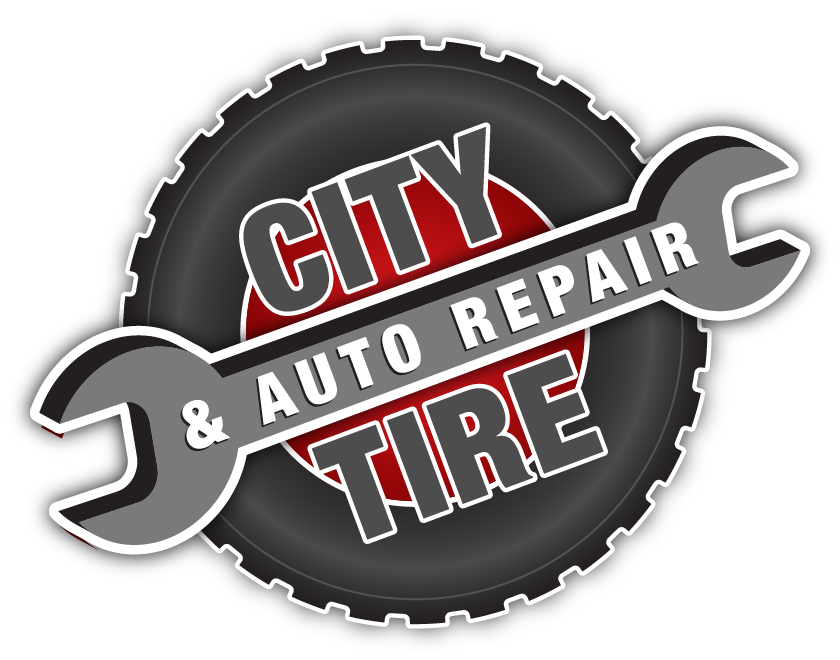Accelerate Your Drive with Morris Tire: Your Reliable Tire Store Near Me
Accelerate Your Drive with Morris Tire: Your Reliable Tire Store Near Me
Blog Article
The Ecological Advantages of Proper Tire Upkeep
Keeping appropriate tire treatment is typically overlooked, yet its effect on the environment is extensive. Correct tire maintenance not only extends the lifespan of tires yet also lowers garbage dump waste and adds to improved air high quality.
Lowered Gas Consumption
Improving tire maintenance methods can lead to a substantial decrease in gas consumption for cars. According to the U.S. Department of Power, underinflated tires can reduce gas mileage by 0.2% for every 1 psi decline in stress in all 4 tires.
In enhancement to tire stress, normal tire turnings and placements additionally play a critical role in gas performance. Erratically worn tires can raise gas usage as the engine functions harder to preserve rate and traction. By maintaining correct placement and revolving tires at advised periods, vehicle drivers can make certain even lengthen the life and use of their tires, inevitably saving gas and lowering their carbon impact.
Extended Tire Life-span
Extending the lifespan of tires is a vital facet of effective automobile maintenance practices that can produce price savings and environmental advantages in the lengthy run. By appropriately keeping tires, chauffeurs can substantially prolong their use, decreasing the regularity at which new tires require to be produced and old ones gotten rid of. This not only conserves useful resources but also decreases the energy and exhausts related to tire production and disposal procedures.
Regularly checking tire pressure, revolving tires, and making sure proper placement are essential actions in prolonging tire life-span. Sufficient step deepness is crucial for ideal traction and safety, yet it likewise plays a duty in how much time tires can be utilized before needing substitute. Additionally, staying clear of aggressive driving actions that accelerate tire wear, such as harsh braking and doglegs, can further improve tire resilience.
Eventually, increasing the durability of tires via proactive maintenance not just benefits the environment by minimizing waste and preserving resources but likewise brings about cost savings for automobile proprietors by delaying the need for new tire acquisitions.
Lower Emissions Outcome
Efficient tire maintenance methods contribute to a decrease in emissions outcome, aligning with ecological sustainability objectives in the auto industry. By maintaining optimal tire pressure degrees, motorists can assist reduce these negative ecological impacts.
In addition, properly maintained tires likewise improve traction and decrease rolling resistance, further boosting fuel efficiency. This, in turn, decreases the quantity of exhaust gases released right into the environment. Furthermore, guaranteeing tires are properly pumped up and straightened can extend the life-span of the tires, lowering the frequency of tire substitutes and the associated environmental expenses of tire manufacturing and disposal.

Reduced Land Fill Waste
Offered the favorable influence of appropriate tire upkeep on reducing emissions result, another substantial environmental advantage is the potential for decreased garbage dump waste. By ensuring that tires are correctly inflated, straightened, well balanced, and rotated regularly, their lifespan can be dramatically prolonged.

Improved Air Quality
Enhancing air top quality with correct tire maintenance methods is a crucial facet of sustainable environmental stewardship. When tires are underinflated, they develop more rolling resistance, causing increased fuel intake and greater exhausts see this here of dangerous toxins such as carbon monoxide and nitrogen oxides. Appropriately filled with air tires not only boost gas efficiency however additionally minimize the amount of contaminants released right into the air.
In addition, properly maintained tires with proper walk deepness and placement add to more secure driving conditions, minimizing the chance of accidents that can cause the launch of added toxins right into the atmosphere. By expanding the lifespan of tires with routine upkeep and rotation, less tires are discarded prematurely, lowering the ecological influence of tire disposal and production procedures.
Final Thought
In conclusion, correct tire upkeep provides countless ecological benefits. It is essential for individuals to prioritize tire maintenance as a straightforward yet efficient way to protect the atmosphere for future generations.
Correct tire maintenance not only prolongs the lifespan of tires yet additionally decreases garbage dump waste and adds to enhanced air visit their website quality - discount tires morris il. By maintaining appropriate alignment and revolving tires at recommended periods, chauffeurs can make sure even lengthen the life and wear of their tires, eventually saving gas and reducing their carbon footprint
By effectively preserving tires, motorists can considerably extend their usability, minimizing the frequency at which new tires require to be manufactured and old ones disposed of.Routinely examining tire pressure, revolving tires, and guaranteeing appropriate placement are important actions in prolonging tire look these up lifespan. Furthermore, making certain tires are appropriately blown up and aligned can prolong the life-span of the tires, lowering the frequency of tire replacements and the linked ecological costs of tire production and disposal.
Report this page